
Alternative Payment Models
Latest News
Latest Videos

CME Content
More News

The shift to value-based care, concurrent with innovations in immune-based care, will create challenges in oncology. What should be the physician and manufacturer responsibility during these changing times?

Payment reform in the United States has been going on for years, and a panel at the AcademyHealth National Health Policy Conference analyzed how much progress has been made to move away from fee-for-service, and what the evidence on alternative payment models has found.

CMS understands that not all physicians will report quality measures under the Medicare Access and CHIP Reauthorization Act or join advanced alternative payment models, especially immediately, said Kate Goodrich, MD, director of the Quality Measurement and Value-Based Incentives Group in CMS. However, there are efforts in place to make it as easy as possible for these providers, which will hopefully increase participation over time.

This year, the most read articles from The American Journal of Accountable Care® explored how healthcare providers and payers have implemented innovative ideas to reduce spending while maintaining or increasing the quality of care.

CMS must learn from implementation of new quality measure sets as it refines and expands the Core Quality Measure Collaborative, Kate Goodrich, MD, director of the Quality Measurement and Value-Based Incentives Group in CMS.

A new accountable care organization (ACO) model announced by CMS aims to improve care and lower costs by allowing beneficiaries enrolled in both Medicare and Medicaid to be covered under a Medicare Shared Savings Program ACO.

The Delaware Valley Accountable Care Organization (ACO) was disappointed to learn that under CMS’ Medicare Access and CHIP Reauthorization Act (MACRA) final rule, the practice would not be categorized as an advanced alternative payment model (APM) and would likely have less of an upside under the Merit-based Incentive Payment System (MIPS), said Katherine Schneider, MD, president of the Delaware Valley ACO. However, Dr Schneider said she understands CMS’ point of view and why it needed to make changes to the final rule.

Though there are many unknowns regarding how the Trump administration will affect policy, there is bipartisan support for lowering costs and increasing quality. The Medicare Access & CHIP Reauthorization Act of 2015 is a separate law that was passed with 92% bi-partisan support in 2015. Read on for tips on creating a strategy that will set you up for success under advanced alternate payment models.
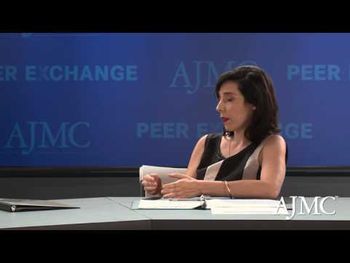

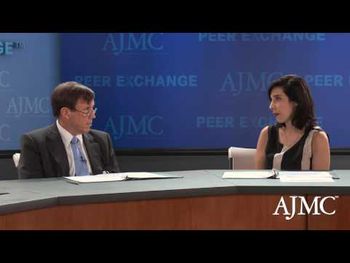

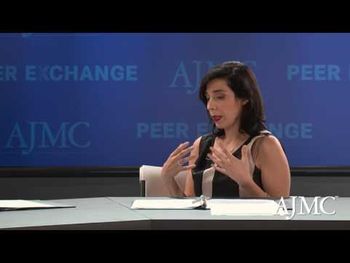
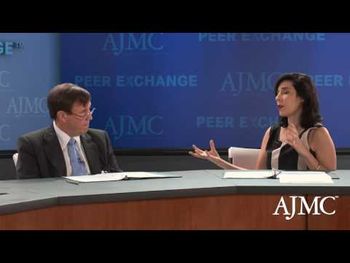
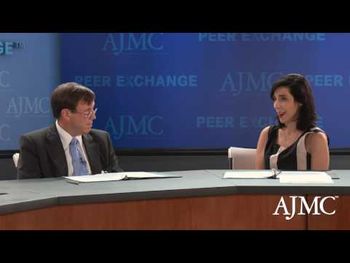
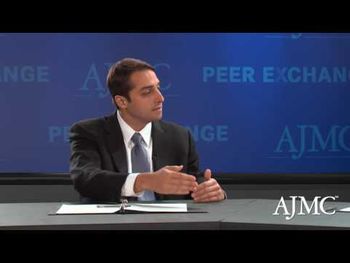
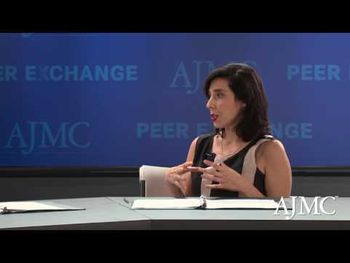


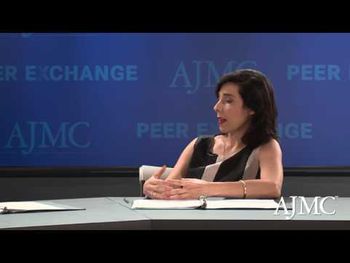
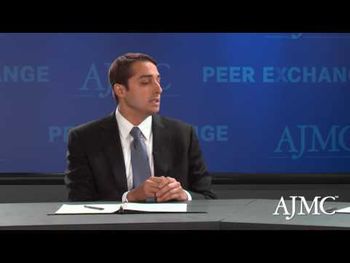

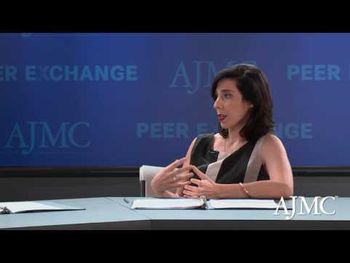
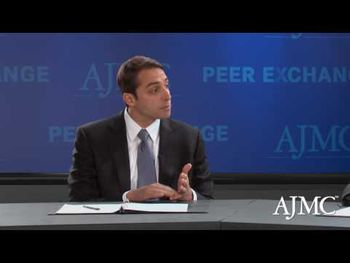

Here's a glimpse into what The American Journal of Managed Care’s 5th annual Patient-Centered Oncology Care® meeting had in store for its attendees.








